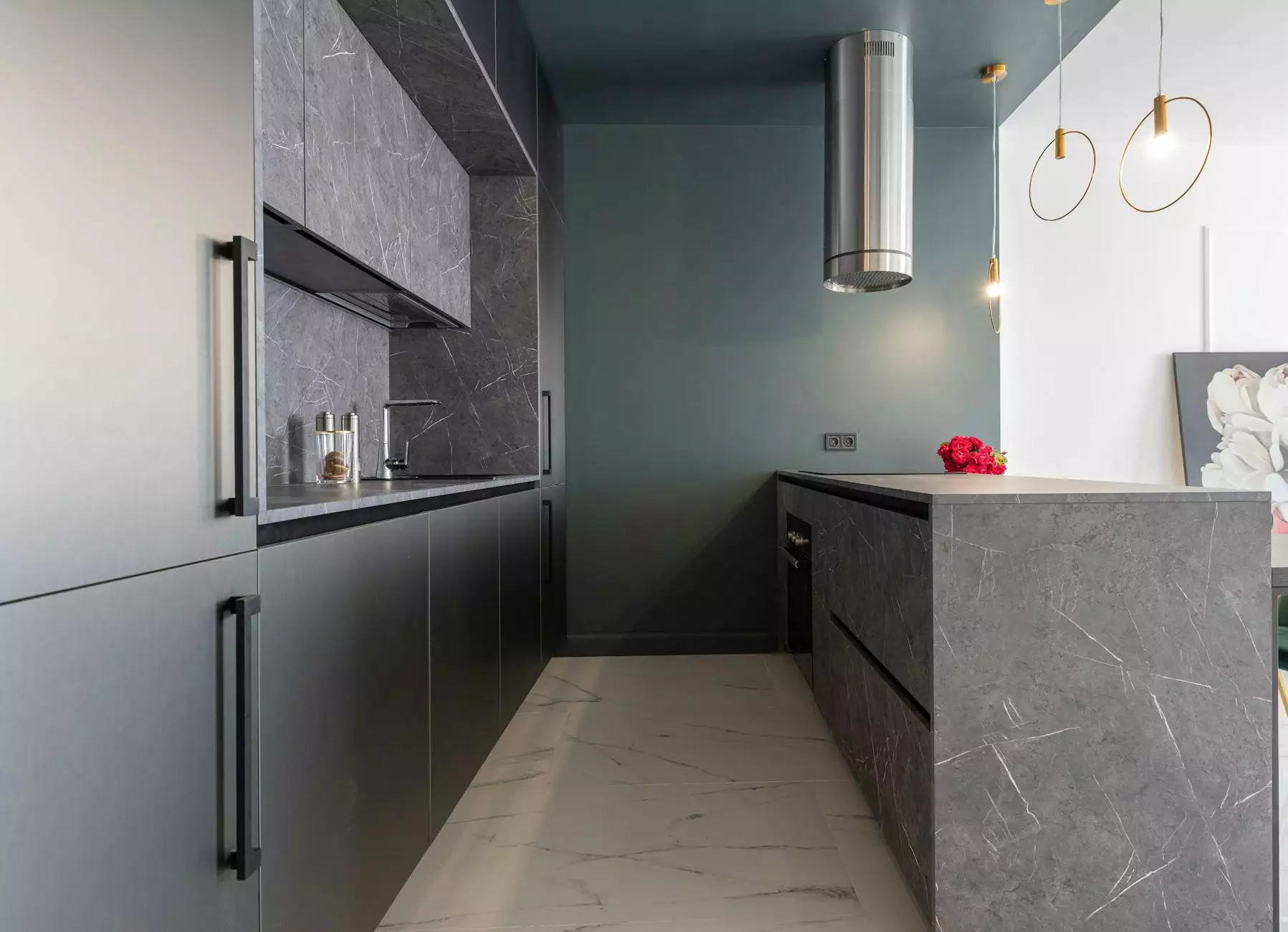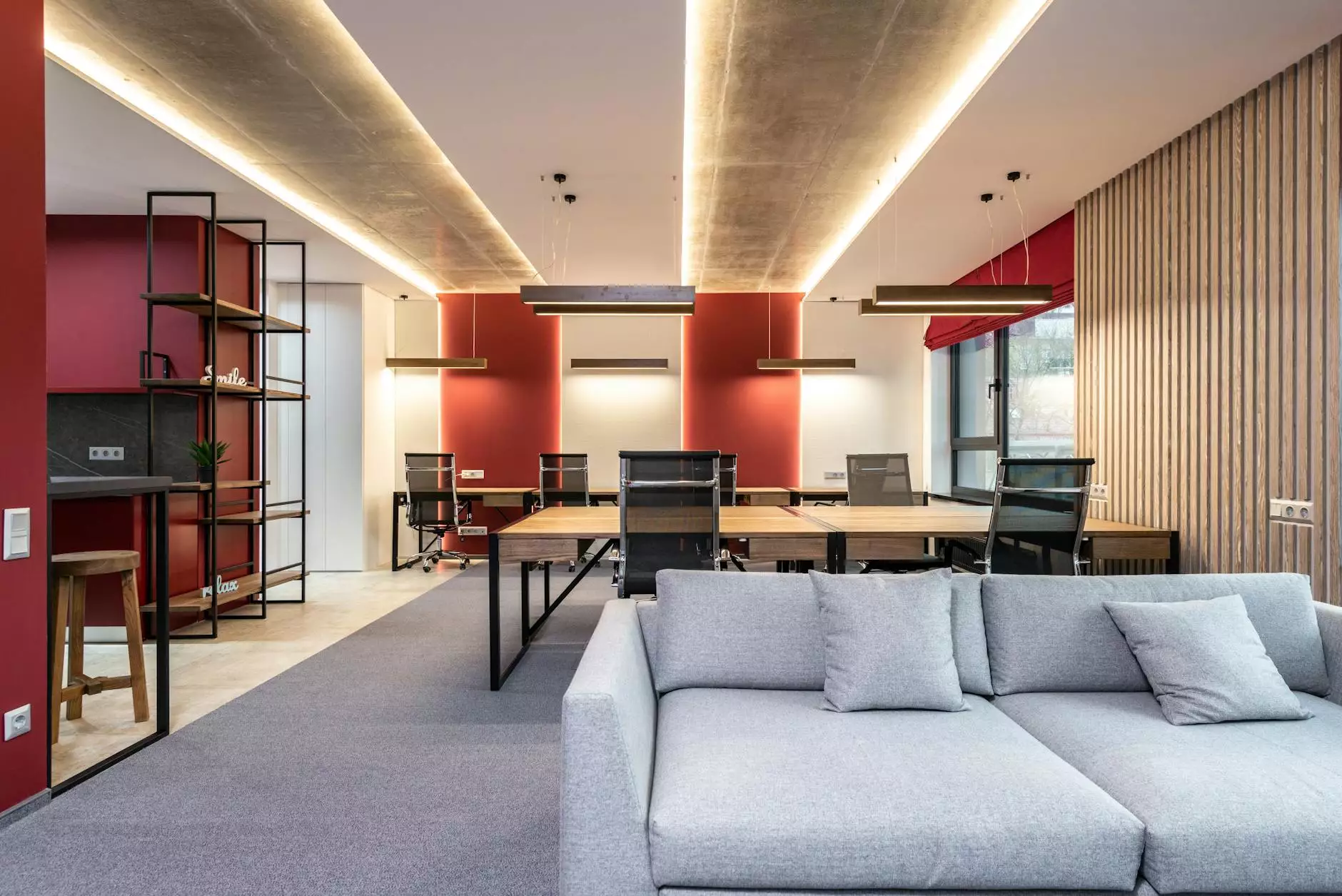Understanding Kitchen Worktop Prices: Your Comprehensive Guide

A kitchen reno or makeover is an exciting journey, often filled with challenging decisions, especially when it comes to the choice of kitchen worktop prices. Whether you aim for elegance, durability, or affordability, the variety of options available can be overwhelming. This guide aims to simplify your decision-making process by providing a thorough insight into the factors that influence kitchen worktop prices.
Factors Influencing Kitchen Worktop Prices
The cost of kitchen worktops can vary significantly based on several key factors. Understanding these aspects will help you budget more effectively for your kitchen renewal project.
- Material: The type of material you choose has the most significant impact on the overall cost. From natural stones like granite to engineered options such as quartz, each material has its unique pricing structure.
- Size and Dimensions: Larger worktops will naturally cost more. When budgeting, consider both the amount of countertop space required and the dimensions of the worktop pieces.
- Thickness: Thicker worktops are generally more expensive due to the greater amount of material used.
- Customization: If you're looking for bespoke designs, intricate edges, or unique shapes, customization will add to your costs.
- Installation: Professional installation is recommended for many types of worktops, adding another layer to the overall price.
- Location: Prices can vary depending on where you live. Urban areas tend to have higher costs compared to rural locations.
Popular Kitchen Worktop Materials and Their Price Ranges
There is a vast array of materials available for kitchen worktops, each offering unique benefits and cost considerations. Below is a detailed overview of popular materials and their typical price ranges:
1. Granite
Granite is one of the most sought-after materials for kitchen surfaces due to its durability and natural beauty.
- Price Range: £150 - £500 per square meter.
- Pros: Heat-resistant, scratch-resistant, unique patterns.
- Cons: Requires annual sealing, can be heavy and requires proper support.
2. Quartz
Engineered quartz offers a consistent appearance with the durability of natural stone, making it very popular among homeowners.
- Price Range: £200 - £400 per square meter.
- Pros: Non-porous, available in many colors, low maintenance.
- Cons: Can be scratched by sharp objects, not heat-resistant.
3. Laminate
Laminate surfaces are a budget-friendly option that comes in a wide array of colors and styles.
- Price Range: £30 - £100 per square meter.
- Pros: Affordable, easy to install, diverse designs.
- Cons: Can be easily damaged by heat or sharp objects.
4. Solid Surface
Materials like Corian offer seamless, easy-to-maintain surfaces that are often used in commercial kitchens.
- Price Range: £200 - £600 per square meter.
- Pros: Customizable, non-porous, hygienic.
- Cons: Prone to scratching and heat damage.
5. Wood
Wood provides a warm, inviting feel to any kitchen and can be sanded and refinished over time.
- Price Range: £100 - £300 per square meter.
- Pros: Beautiful aesthetic, can be repaired easily.
- Cons: Requires regular maintenance, susceptible to water damage.
Budgeting for Kitchen Worktop Prices
Knowing the variety of materials and their respective prices is essential, but it is equally important to set a realistic budget. Here are some strategies for budgeting wisely:
1. Set a Total Budget
Determine how much you are willing to spend on your entire kitchen makeover. Allocating a specific portion for the worktops among other items (cabinets, appliances, etc.) will help you prioritize your expenses.
2. Research and Compare
Don’t settle for the first quote you receive. Invest time in researching various suppliers and comparing prices. Ensure that you’re also comparing the quality of the materials as well as the installation services offered.
3. Consider Long-Term Value
While it might be tempting to go for cheaper options, consider the longevity of your choice. High-quality worktops may have a higher initial cost but can offer savings over time in terms of durability and maintenance.
4. Factor in Installation Costs
Remember that your budget should also include installation, which can vary significantly between materials and complexity. Some worktops, like granite, require professional installation to ensure safety and aesthetic finishes.
Where to Buy Kitchen Worktops
Once you’ve set your budget and determined the materials you prefer, it's time to purchase. Here are some of the best places to consider when buying kitchen worktops:
- Local Showrooms: Visiting a showroom allows you to see the materials in person and often includes expert advice.
- Online Retailers: Websites often offer competitive pricing and a broader selection. Look for customer reviews to assess product quality.
- Home Improvement Stores: These stores usually have a selection of worktops available for immediate purchase and often offer installation services.
- Specialty Suppliers: For unique or custom worktops, consider reaching out to specialist suppliers who focus only on high-end materials.
Conclusion: Making an Informed Choice
Choosing the right kitchen worktop is a crucial decision that impacts both the functionality and aesthetic of your kitchen. By understanding the factors influencing kitchen worktop prices, the variety of materials available, and how to budget effectively, you can make an informed decision that aligns with your vision for your kitchen renewal.
Your kitchen is an essential part of your home, and investing wisely in it will pay off in both enjoyment and value. As you embark on this journey, remember to keep your priorities in check and seek a balance between beauty and practicality. Happy renovating!









